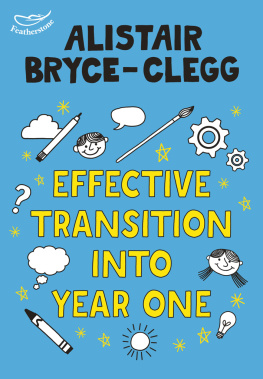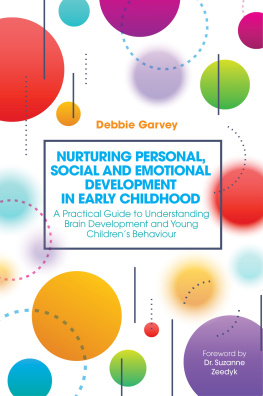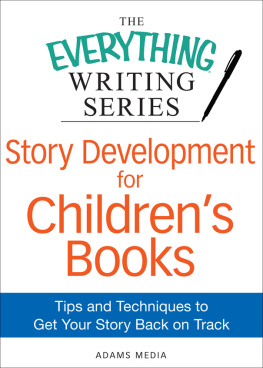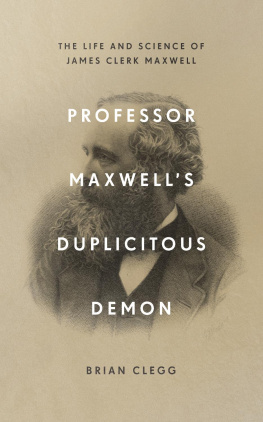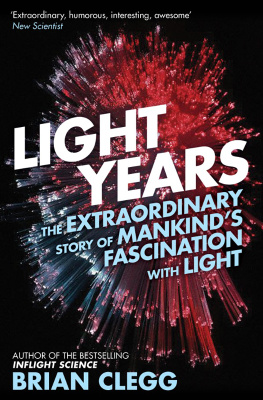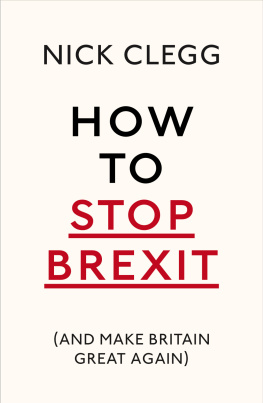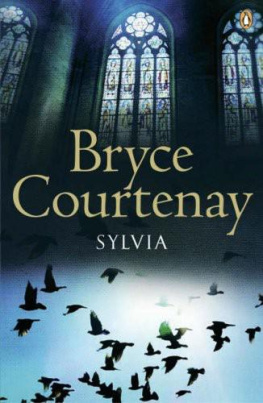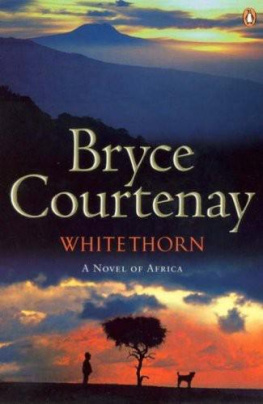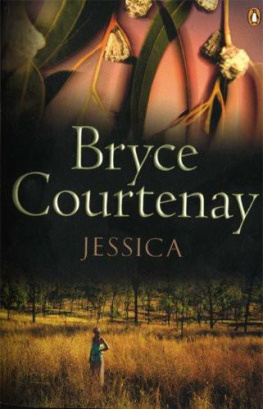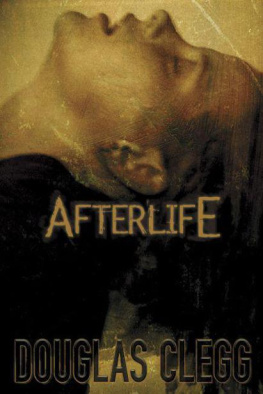Other titles by Alistair Bryce-Clegg:
50 Fantastic Ideas for Celebrations and Festivals
50 Fantastic Ideas for Creativity Outdoors
50 Fantastic Ideas for Early Writing Prompts
50 Fantastic Ideas for Mark Making
50 Fantastic Ideas for Outside All Year Round
50 Fantastic Ideas for Physical Activities Outdoors
50 Fantastic Ideas for Promoting Independence
50 Fantastic Ideas for Seasons
50 Fantastic Ideas for Teaching Phonics
50 Fantastic Things to do with a Sand Tray
50 Fantastic Things to do with a Water Tray
50 Fantastic Things to do with Paint
50 Fantastic Things to do with Squidgy Stuff
Best Practice in the Early Years
Continuous Provision in the Early Years
Continuous Provision: The Skills
Creative Role Play in the Early Years
Early Years Display
From vacant to engaged
Get them talking get them learning
Get them talking get them writing
Getting ready to write

Featherstone Education
An imprint of Bloomsbury Publishing Plc
50 Bedford Square
London
WC1B 3DP
UK
www.bloomsbury.com
This electronic edition published in 2017 by Bloomsbury Publishing Plc
FEATHERSTONE and the Feather logo are trademarks of Bloomsbury Publishing Plc
First published in Great Britain 2017
Copyright Alistair Bryce-Clegg, 2017
Alistair Bryce-Clegg has asserted his/her right under the Copyright, Designs and Patents Act, 1988, to be identified as Author of this work.
All rights reserved
You may not copy, distribute, transmit, reproduce or otherwise make available this publication (or any part of it) in any form, or by any means (including without limitation electronic, digital, optical, mechanical, photocopying, printing, recording or otherwise), without the prior written permission of the publisher. Any person who does any unauthorised act in relation to this publication may be liable to criminal prosecution and civil claims for damages.
No responsibility for loss caused to any individual or organization acting on or refraining from action as a result of the material in this publication can be accepted by Bloomsbury or the author.
A catalogue record for this book is available from the British Library.
ISBN: 978-1-4729-3228-0 (PB)
ISBN: 978-1-4729-4951-6 (eBook)
ISBN: 978-1-4729-3227-3 (ePDF)
To find out more about our authors and their books please visit www.bloomsbury.com where you will find extracts, author interviews and details of forthcoming events, and to be the first to hear about latest releases and special offers, sign up for our newsletters.
Contents
Introduction
For some practitioners, the concept of play-based learning in Year One is a familiar one, but from my experience, that isnt the case for most. It certainly wasnt my experience as a Year One/Two mixed-age teacher. I was told in no uncertain terms that the time for play was well and truly over and it was time that the children actually did some work! It is easy with your Early Years hat on to become very offended by this attitude. Work? How very dare you! What do you think we have been doing all year in Reception? In many instances, I am not sure that we would want to hear the answer to that question. It will more often have the words messing or faffing or just playing in it.
I think we sometimes feel affronted because we have a different understanding of what a powerful learning tool play can be, because that is what we do every day and it is our bread and butter when it comes to learning. If you have been trained as a teacher or a teaching assistant (TA) in the education climate of the last 20 years and have not been an Early Years specialist, then why would you see it any differently? Play has not been promoted as a learning tool. For lots of practitioners I work with in Key Stage One, play is something that you do in Reception and when you finish your work. It was a real turning point for me as a teacher when I realised that it was during play that children did their best work, and a lot more besides.
So, rather than seething quietly beneath our fleeces and tabards, venting our frustration with aggressive squeezing in the malleable materials area or with some angry tambourine shaking, we need to show how powerful and important play is and what amazing results a quality play environment can produce especially in Year One and beyond. In reality, no matter how strong your own belief in a play-based curriculum is, it is very difficult to swim against the tide if you are getting lots of pressure from colleagues, senior management, Ofsted, etc. A headteacher once said to me: That is all well and good Alistair, but play theory wont get the SATs that I need. And on its own it wont, but that theory, applied by someone who knows what they are doing with support (especially from senior management) will get best outcomes for children (and they will probably exceed your SATs target).
I appreciate that in our fractured education system there is a huge amount of topdown pressure with unrealistic and inappropriate expectations for child development. Ideally the system needs to change, and that is something that we all need to push to make happen. But, that is not likely to happen anytime soon so in the meantime we have to teach creatively, making sure our practice is based on effective learning strategies and trying not to get too distracted by the other stuff. What I am advocating is the bidet approach where instead of topdown, all the thinking comes from the bottom up! That way we ensure that development and expectation are going in the right direction and are appropriate and realistic for the children in our care.
Just as most children do not have the same level of ability in every aspect of their learning, neither do they have the same level of development just because of their age but there are many similarities. We know more than ever now about how the human brain and body develop. How childrens ability to think and reason changes, how they refine their gross and fine motor dexterity Yet none of this information appears to feed into the curriculum that we teach them in Key Stage One, or the way in which we teach it.
When a child enters Year One, they are only five (possibly six) weeks older than they were when they left Reception. In those weeks away from school their brain has been engaged in different ways of thinking and has been focused on all things that are not school. Little surprise then that lots of Year One children really struggle on their return. Not only are they going through a period of re-adjustment, they are often doing it in an unfamiliar space, with an unfamiliar person, with unfamiliar routines and a set of completely different learning expectations. When children first start in Reception you will often hear them ask, Is it mummy time yet?. In Year One it is usually either, When is it time to play? or Can we go outside?. This can be frustrating as an adult, especially if you havent got the provision or resources for play or going outside, but the children are telling you that they are not ready for, or benefitting from, this new formal style of learning.
It is not that Year One teachers are not lovely, or that they are not working really hard. It is that the prescribed curriculum and methods of teaching are not meeting the needs of children at this age and stage of development. All is not lost however! Good transition into Year One can have a

